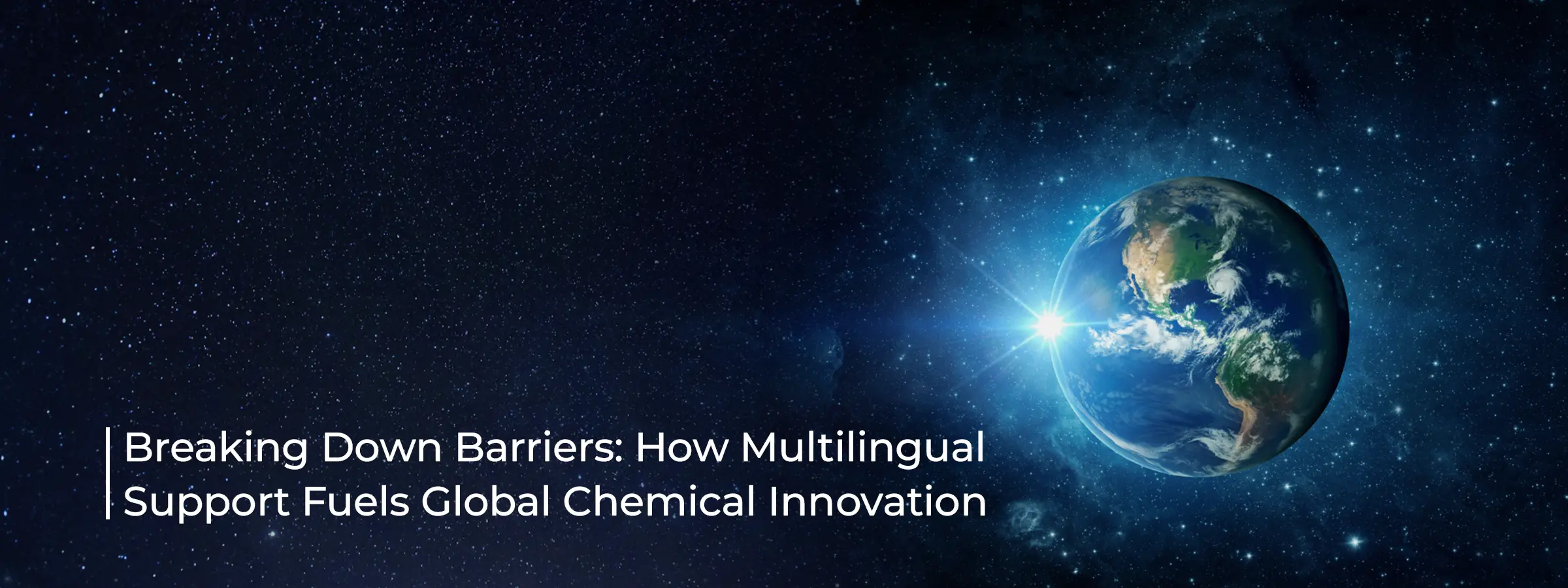
In the intricate and globally interconnected world of the chemical industry, where innovation and collaboration across borders are not just beneficial but necessary, the power of language cannot be underestimated. Multilingual support is pivotal in breaking down barriers that hinder global cooperation and innovation. As we delve into this crucial aspect, let's explore how language and communication improvements catalyse transformative changes within the chemical sector.
Imagine a world where researchers in Japan discover a groundbreaking method for recycling plastics, but the knowledge remains confined due to language barriers. Now, envision the possibilities when this research is accessible to scientists and engineers worldwide, translated into multiple languages, fostering global collaboration. This is where multilingual support shines, acting as the catalyst for innovation. The chemical industry can accelerate innovation by ensuring that research findings, technical documents, and innovations are shared in multiple languages, tackling global challenges like sustainability and waste management head-on.
Safety is paramount in the chemical industry, where misunderstanding and miscommunication can lead to catastrophic consequences. Multilingual support is critical in translating safety protocols, regulatory compliance documents, and training materials. Ensuring that these crucial pieces of information are accurately communicated across linguistic barriers enhances safety standards globally and promotes a culture of inclusivity and awareness. It's about ensuring that every worker, regardless of their native language, has the knowledge to operate safely and efficiently.
The path to bringing chemical products to the global market is fraught with regulatory hurdles, labelling requirements, and the need for consumer education - all of which vary significantly from one region to another. Multilingual support bridges this gap, enabling chemical companies to easily navigate these complexities. By providing accurate translation and localisation services, language professionals help ensure that products meet each market's specific needs and regulations, thereby facilitating global trade and expansion.
While technology plays a significant role in the chemical industry, the human aspect of communication remains irreplaceable. Cultural nuances, local customs, and societal values influence how chemical products and safety information are perceived and accepted. Multilingual and multicultural communication strategies ensure these factors are considered, resulting in more effective and impactful messaging. This human touch can make all the difference in how chemical innovations are received globally.
As we stand on the brink of a new era of chemical innovation driven by advances in green chemistry,
nanotechnology, and biotechnology, the importance of multilingual support has never been clearer.
It's not just about translating words from one language to another; it's about creating a shared
language of innovation and safety that transcends geographical and cultural boundaries.
In conclusion, the chemical industry's journey towards global innovation and collaboration is
significantly empowered by multilingual support. By breaking down linguistic and cultural barriers,
we not only enhance the flow of knowledge and ideas but also pave the way for a safer, more
sustainable, and inclusive global chemical community. The message is clear: in the world of chemical
innovation, language is not just a tool for communication - it's a bridge to a brighter, more
connected future.
© 2024 WHITE GLOBE GROUP PVT LTD